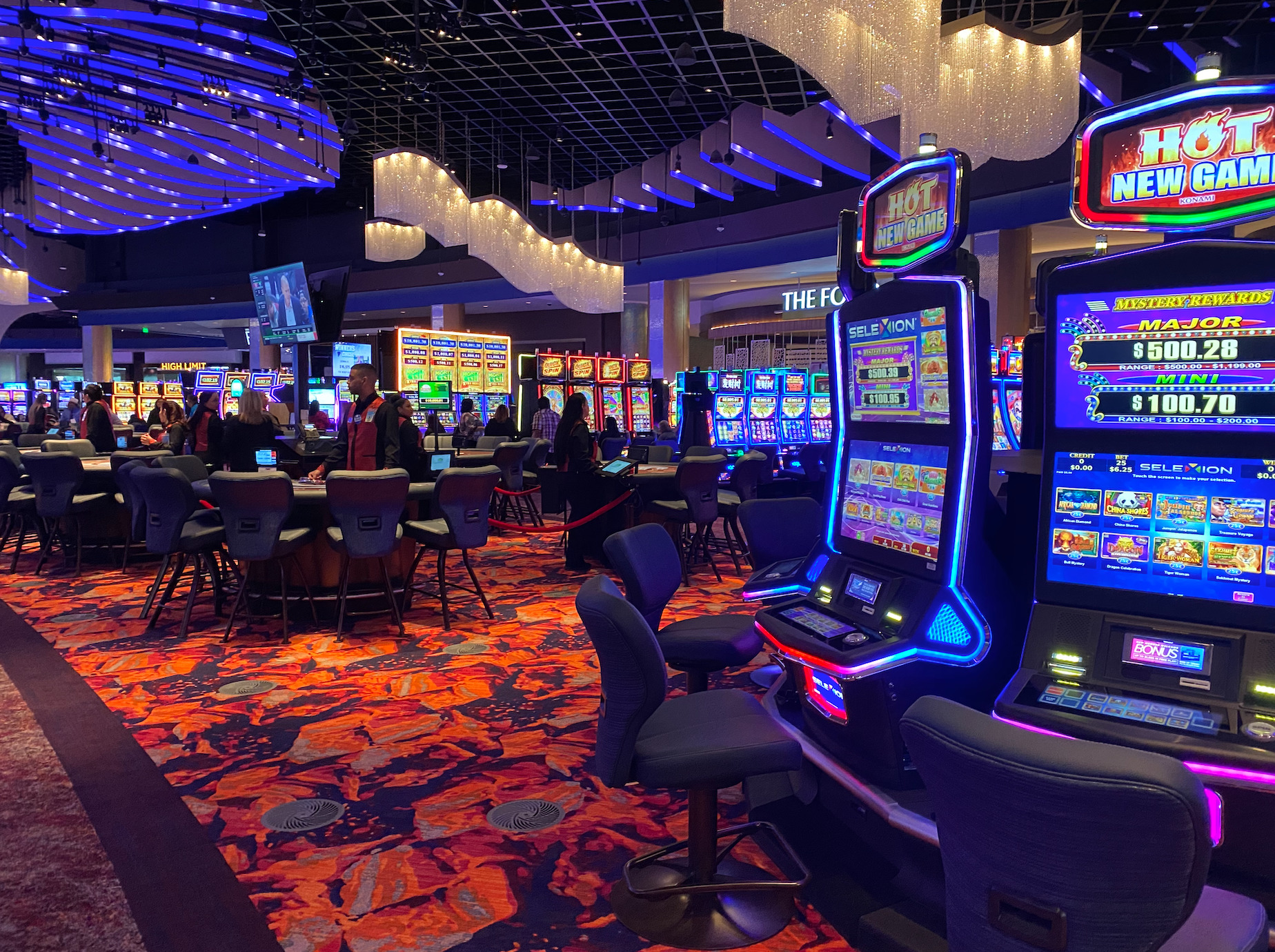
Casino activities have captivated gamblers for ages, pulling them into a world of excitement, luck, and fortune. From the blinking lights of video slots to the tactical intensity of poker games, these activities offer a distinct combination of amusement and exposure. However, beneath the surface of this glitz and style lies a complex relationship of mathematics that influences every conclusion and decision made within the casino.
Comprehending this link between casino games and numerical principles not just improves the playing experience but may also help gamblers make wise selections. Whether you are a recreational gambler or a passionate fan, recognizing the numerical strategies at play can provide valuable understandings into probability, probabilities, and approaches, eventually influencing how one deals with these games of chance.
Statistical Likelihood in Gambling
In the sphere of gambling activities, statistical likelihood plays a critical role in assessing outcomes and informing gambler choices. Each activity has a unique set of rules and a specific probability model that influences its mechanics. For instance, in activities like the roulette wheel, players must grasp the chances of choosing a specific number or shade. The likelihood of certain events occurring can be calculated, and this understanding can greatly influence wagering strategies.
Gambers also need to be cognizant of the casino edge, which is the statistical advantage that gambling establishments hold over players in the long term. This advantage varies across various games. In blackjack, expert players can use strategies to lower the house advantage to as little as 1 percent, while in games like slot machines, the casino advantage can be significantly greater. Comprehending the casino advantage allows players to make informed choices about which games to participate in and how much to wager.
Additionally, probability is fundamental in the principle of risk versus gain in gambling. Every wager carries a certain risk factor, and gamblers must assess the possible payout against that danger. Activities like poker require gamblers to not only compute the chances of their personal hand winning but also to assess the probabilities of their opponents’ hands. By utilizing mathematical principles to their strategy, players can enhance their chances of success and participate more effectively in the thrilling world of gambling games.
Expected Value in Casino Activities
When discussing gambling activities, one of the basic concepts rooted in mathematics is the expected value. This statistical measure helps gamblers understand the potential outcomes of their bets over a period. In basic terms, expected worth (EV) calculates the mean amount a gambler can expect to gain or suffer per bet if they were to play the activity many times. Each game has its own EV, affected by the odds and the house edge, which signifies the benefit that the casino holds.
For instance, think of a activity like roulette. The expected worth can be calculated based on the particular bet placed. If a player bets on a individual number, the payout is 35 to 1, but the actual chances of winning that wager are 1 in 37 (in European roulette). This results in a detrimental expected value, indicating that, on average, players will lose money over a period when playing this type of bet. Grasping this idea allows gamblers to make better educated decisions about which games and bets may be more favorable.
Furthermore, the investigation of expected worth can lead to improved bankroll management. Gamblers who understand the math behind their games are often able to set realistic goals. By recognizing their potential losses and profits, they can modify their playing strategies accordingly, which may enhance their total gaming experience overall. As a result, expected value serves as a critical resource for both beginner and seasoned players to steer through the frequently volatile character of casino activities.
Approaches and Chances: The Arithmetic Behind Success
In gambling games, comprehending the probabilities is essential for gamblers seeking to enhance their chances of success. Each contest has its own distinct set of probabilities that establish winning performances, and these figures are often presented in the rules of the game regulations or payout schedules. For example, in activities like blackjack, participants can improve their probabilities through methods such as card counting, which relies on arithmetic concepts to gain an edge over the house. By acquainting themselves with the probabilities, participants can make more knowledgeable choices on when to place bets and when to give up.
Furthermore, the concept of average value holds a major function in casino strategies. Average outcome assesses the typical outcome of a stake over the long run, allowing players to evaluate whether a particular bet is worth taking. For example, slot machines have a set payback percentage, which can show the expected return a gambler can anticipate on their wagers. By choosing activities with higher average outcomes, participants can lessen the house advantage, boosting their future winnings in the future.
In conclusion, successful players often employ a blend of luck and calculative tactics to enhance their gaming experience. While chance is unpredictable, managing a wagering approach based on mathematical insights can lead to more favorable outcomes. non GamStop betting sites By making use of techniques such as bankroll management and choosing games, participants can apply math to maneuver through the unpredictable nature of gambling activities, making the most of their investments and investments at the casino.
